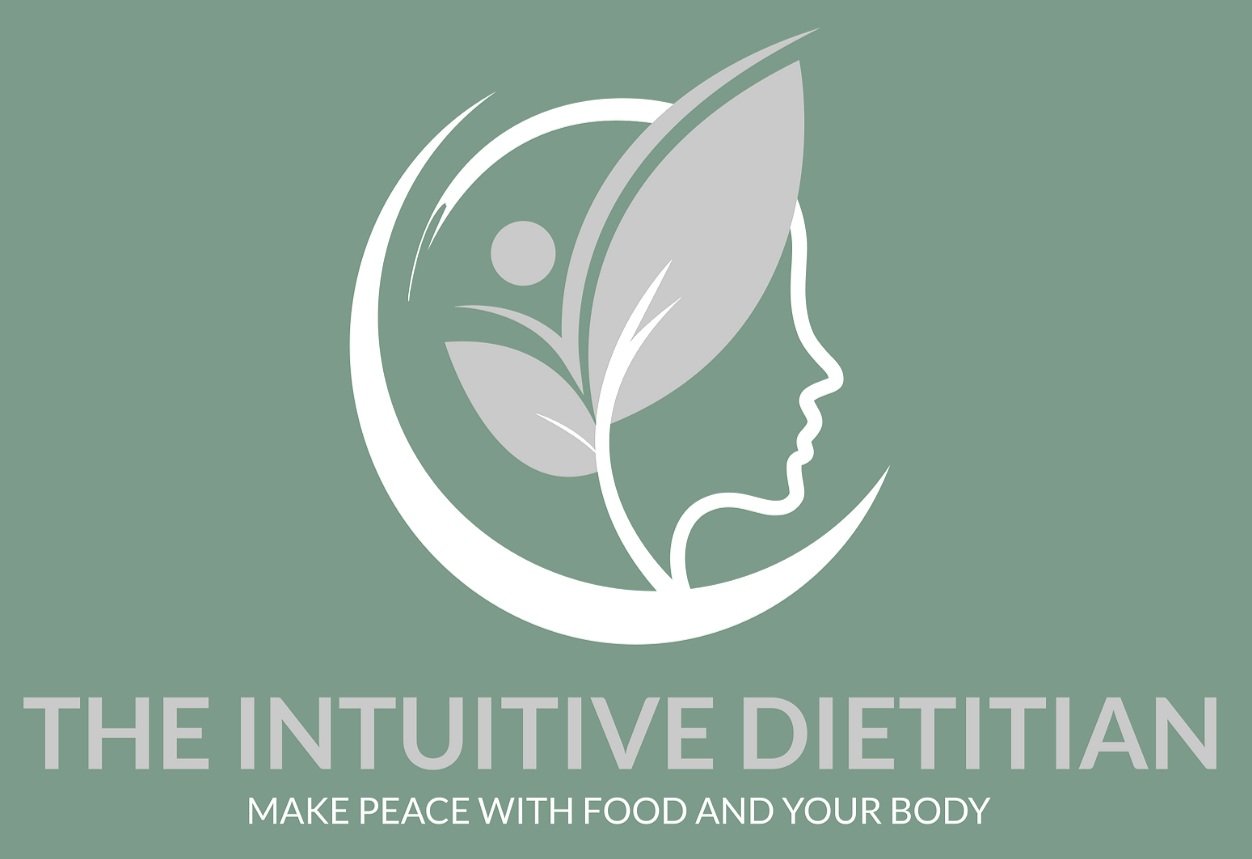Gaining Weight During Menopause
Gaining weight during menopause may be the most talked about symptom of this season of life. It is a very common concern for women…all women. Yes, we live in a very diet centered culture that appreciates the standard of ‘thin’ so weight gain is noticed. Maybe you have always felt fairly body positive and but now this new menopausal body doesn’t feel like “you” or how you see yourself. It’s difficult to navigate the change in physical shape with how we identify.
While menopause itself doesn't directly cause weight gain, hormonal changes and other factors associated with this life stage can contribute to it. Let’s take a look at what is at play.
Women gain about 1.5 pounds per year during Menopause.
Estrogen Decline During menopause, a woman's ovaries produce less estrogen, which can lead to changes in fat distribution. Some women may experience an increase in abdominal fat. It may not be that the number of pounds has increased that significantly by estrogen but the distribution has changed. Our muscle to fat ratio shifts and we start to store more in our middle section. Insulin Resistant? We got you!
Metabolic Rate The decline in estrogen can also slow down the metabolic rate, making it easier to gain weight. Cycle dieting or Yo-Yo dieting can cause even further drops in the metabolic rate for years.
Muscle Loss: As people age, they tend to lose muscle mass, which can lower their metabolism and make it easier to gain weight. That muscle that you are losing is metabolically more active.
Diet: Changes in eating habits, such as emotional eating or increased snacking, can contribute to weight gain. This is a busy stage of life! Are you grabbing food between social or sports events?
Physical Activity: A sedentary lifestyle can lead to weight gain. Regular exercise becomes even more important during menopause.
Stress: Chronic stress can trigger overeating or unhealthy eating habits, leading to weight gain. Hello, cortisol.
Sleep: Poor sleep quality or insufficient sleep can disrupt hormones that regulate appetite, potentially leading to weight gain. This becomes a vicious cycle. Some menopause symptoms can make sleep tricky. You have daytime drowsiness, reach for quick energy food and caffeine and … that night’s sleep is impacted.
Medications and health conditions can contribute to weight gain. Consult with a healthcare professional to address these issues.
6 Strategies for weight gain during Menopause?
1. Avoid Restrictive Diets- I know it’s so so tempting and Mary down the street lost 20 pounds in a month and never felt better. The cycle of dieting is not sustainable, can drop your metabolism and muscle mass, and is terrible for your mental health.
2. Nutrient Conscious- I love to lead with intuitive eating but that doesn’t mean nutrition isn’t important. Be conscious of the nutrients we eat and how they fuel our body. What can we add in to support you? Can we add in more fruits, vegetables and whole grains? Can we be conscious about our protein intake and the timing of our meals?
3. Feel your Fullness- Intuitive eating is a great way to hear your body’s hunger and fullness cues. Research clearly shows that we don’t need a calorie restrictive diet when we can key into when our body is full and we consistently listen to our bodies.
4. Movement- The key to movement is finding something you enjoy and remaining consistent. Signing up for gym classes that you dread and rarely attend gives you guilt, adds a roadblock to fitness and costs money. Do you enjoy walking outside? Is pilates more fun than a free weight class for you?
5. Stress Management- Practice stress-reduction techniques such as yoga, meditation, or deep breathing exercises to manage emotional eating and become more attuned with your body. This doesn’t need to be a long process and can be something as integrated as 4 deep breaths twice a day. This is such a critical piece in finding some calm.
6. Adequate Sleep- Strive for 7-9 hours of quality sleep per night to support hormonal balance. Develop good sleep hygiene and stick with that routine. Stop any caffeine around noon and monitor your alcohol intake.
Weight gain during menopause may be the most talked about symptom but it isn’t inevitable. It is also important to add some grace in how we view our bodies. Our form and function change as we age, it takes some time for our feelings to catch up with this and we can be gentle with ourselves until that time. What can help your transition? I now offer a group program for women learning about perimenopause /menopause. Learn more about Meet Me in the Middle below.
Interested in more? As a registered dietitian and credentialed intuitive eating counselor I see clients 1:1 for nutrition therapy.
Book a free discovery call here.
4 Week Nutrition Program
Meet Me in the Middle is a nutrition series for women in the middle season of life.
This 4 Week self paced online program is packed with nutrition lessons, handouts, meal plans, recipes and cooking videos.
What makes this better and more successful? Each week we will have live online meet ups to deep dive our topics and provide and opportunity for support.
We also have CT Sculpt providing weekly movement and the add on feature of A La Minute home delivered meals.
Find out more below or save your seat with the introductory pricing!


